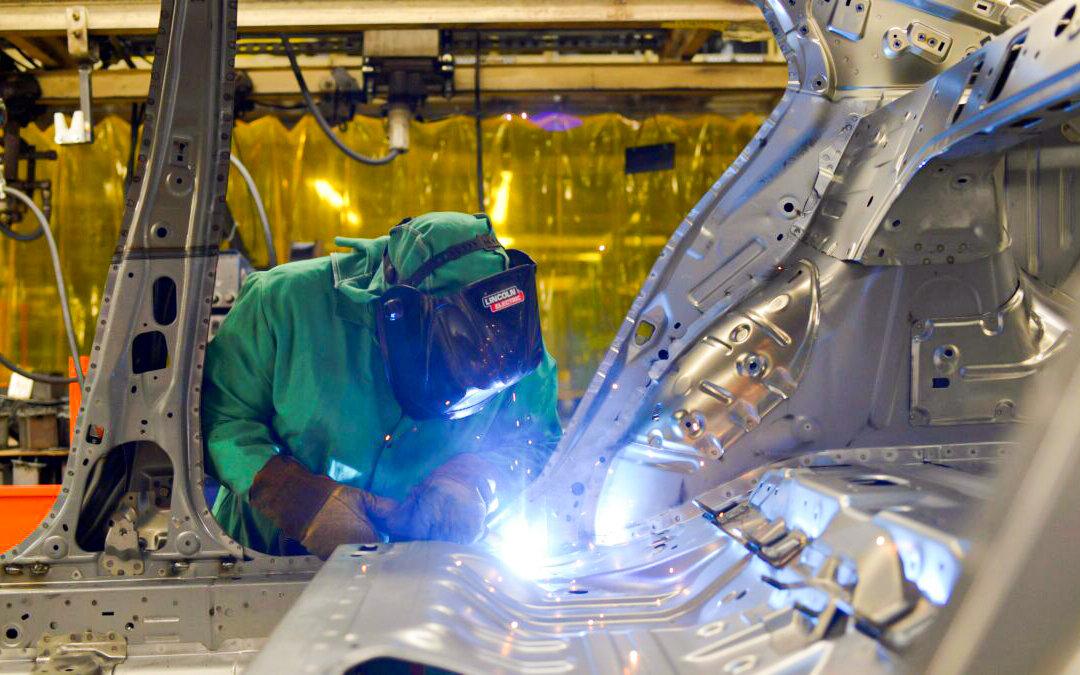Wholesale prices in the United States accelerated at their fastest annual pace on record in March, delivering a fresh sign that persistent inflation continues to plague the U.S. economy.
The Producer Price Index (PPI), which tracks inflation before it hits consumers, rose by an annual 11.2 percent last month, the Bureau of Labor Statistics said Wednesday. That’s the highest rate of wholesale price inflation in the history of the data series, which dates back to 2010.





